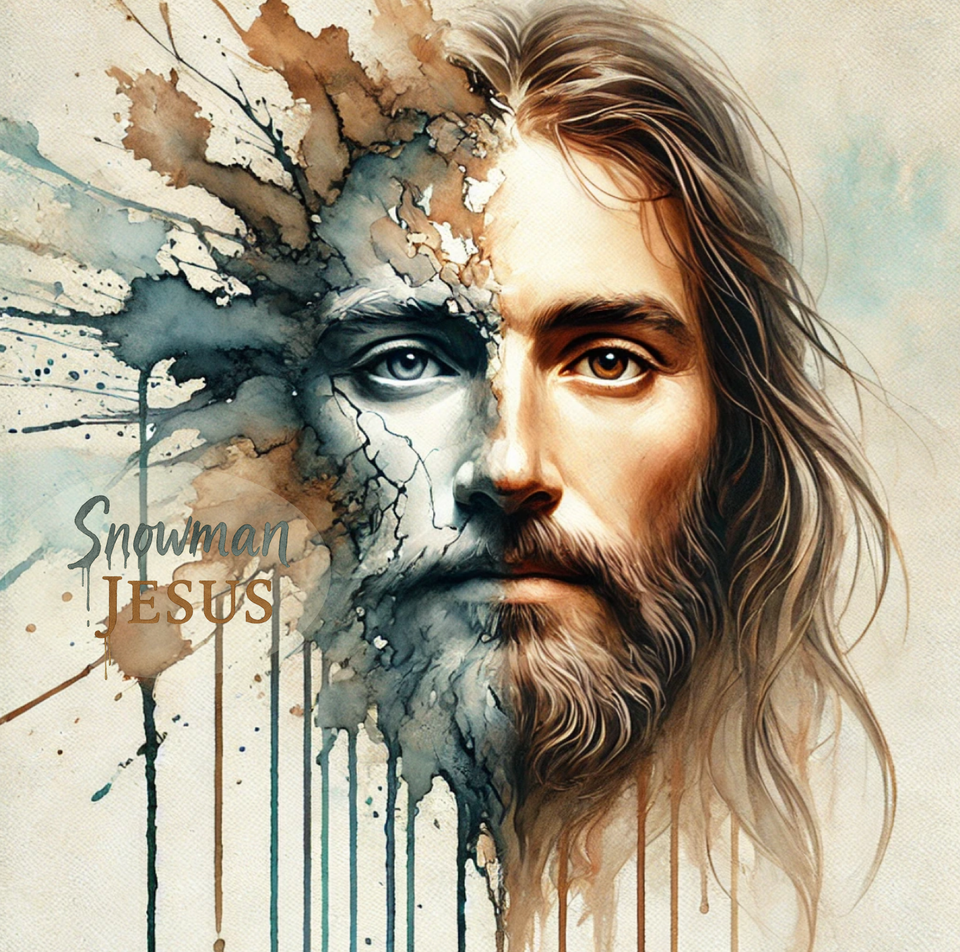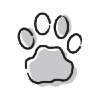Day 8: Truth Is Coffee

Truth Is Coffee

Nathan waved the campfire’s smoke from his eyes while he peppered his friend with questions about truth.
“Would you like some coffee?” Wildlife Researcher interrupted.
“I’d love some!”
Researcher took the kettle off the campfire and poured the coffee into the waiting mugs. The comforting aroma mingled with the smell of the burning wood.
They sat by the fire, sipping their coffee while staring at the flickering flames. Wildlife Researcher closed his eyes for a few seconds, then said in a contemplative tone, “Truth is like coffee.”
“Truth like coffee?” Nathan’s raising tone rang with intrigue.
“When I asked if you wanted some coffee,” Wildlife Researcher hesitated for a moment, “did you understand what I meant?”
“Yes—or are you busy with word games, trying to trick me?”
“No. I’m deadly serious. Did you understand what I meant when I asked you if you would like a coffee?”
“Well, if I didn’t understand, I definitely would have asked you to repeat it or to explain. Also…” he chuckled, “I wouldn’t have started drinking until I’d seen you taking a few sips!” Both grinned. Wildlife Researcher continued, “You see, you understood what I meant with great accuracy. Yet, your knowledge was incomplete.”
Nathan’s eyebrow lifted in anticipation.
“When I asked if you wanted coffee, you had no doubt that I wasn’t offering you a glass of milk, a beer, or a plate of food. You accurately understood what I meant.
“But did you fully understand what I was offering you?” he asked. Nathan leaned back.
“Did you know if I had pre-ground coffee or whole-bean coffee to grind here? Did you know in which country the coffee beans were grown and the name of the ship that carried them? Did you know if the laborers at the coffee plantation were treated fairly or were exploited? Did you have any idea what the brand name printed on the package was, if any at all? Did you have an accurate understanding of the chemical composition of the blend I was going to hand you? Did you know if I was going to add milk to it or the breed, age, and name of the cow that produced the milk?”
“No, stop! I never even thought about any of that!” He burst out laughing.
Wildlife Researcher waited for a while before continuing. “To know something accurately and to know it fully are two entirely different matters.” He looked straight at Nathan. “Do you think anyone ever knows anything fully?
Nathan hesitated. “No… not if I think about the list of facts about coffee that I’ve never wondered about before! No, I guess you can never know everything about anything.”
Wildlife Researcher nodded. Then he asked, “Does a three-year-old child fully know his mother?”
“Of course not,” said Nathan. “A runny-nosed three-year-old hardly knows anything about his mom. He doesn’t know where she grew up, who her school friends were, or where she studied or worked before she gave birth. In fact, he knows close to nothing.”
“Right…” said Wildlife Researcher, “… does a three-year-old child know his mom well enough to pick her out in a group of ten women?”
“For sure!” said Nathan.
“And if there were thirty other women?”
“Of course—he’ll spot her in a crowd of a thousand.”
“Do you see what I’m getting at?”
Nathan nodded.
“The same principle applies to science, philosophy, places, objects, personalities, and even God—it’s the first thing we have to understand when we are thinking about truth. We can never know fully; knowledge is always partial—but we can know accurately.”
Nathan nodded with a broad smile. “Yep. I get it. I understand.”
The two sat silently by the fire, Nathan deep in thought.
Long after Nathan had gone to sleep Wildlife Researcher was still staring into the fire. He listened to the nocturnal sounds while trying to unravel how he could better answer his young friend’s questions.
As he lay in bed, Nathan wondered about coffee and God. He wondered about accurately knowing God and accurately understanding the Scriptures. He fully understood that human brains would never be able to penetrate much more than the first steps of Godly truth. He wished with all his heart that he would find someone who could train him to understand the Bible better—accurately—to open up what Scripture truly teaches rather than carrying his own thoughts into the process.
We don’t know a millionth of one percent
of anything.
~ Thomas Edison
Think of the knowledge we have as a circle.
Inside the circle is what we know
and what we call knowledge;
outside the circle is what we don’t know and
still need to find out.
As our circle of knowledge expands,
so does the circumference of darkness surrounding it.
Therefore, the more we know,
the more we feel that we don’t know.
~ Albert Einstein
Member discussion